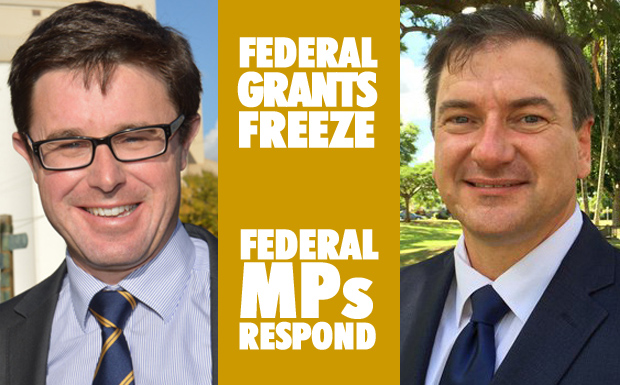
February 20, 2017
Member for Wide Bay Llew O’Brien and Member for Maranoa David Littleproud have reacted swiftly to a warning South Burnett council rates could rise by up to 12 per cent if a three-year freeze on FAGs grants isn’t lifted in this year’s Federal Budget.
On Friday, the Australian Local Government Association released case studies showing the effects a freeze on indexing Financial Assistance Grants (FAGs) was having on 59 councils around Australia.
Until the freeze was introduced in the 2014-15 Budget, FAGs grants rose each year to cover cost of living increases and population growth.
The effect of the freeze has been most strongly felt in regional and remote councils, which lack the financial resources enjoyed by larger metropolitan councils to pay for community services.
The ALGA case studies included the South Burnett.
They projected the SBRC would need to raise rates by more than 12 per cent, cut almost 10 per cent of its workforce, and close libraries and swimming pools to make up for the funding shortfall if the freeze wasn’t lifted.
The ALGA said the Federal Government had implied the freeze would be lifted in 2017-18, but had so far failed to give any iron-clad guarantee.
South Burnett Mayor Keith Campbell has been a fierce critic of the FAGs freeze, which came about after the region’s FAGs funding was unexpectedly cut by $1.4 million in 2012.
Mayor Campbell estimated the three year FAGs freeze has cost the region a further $2.8 million.
At present, FAGs grants make up around 13 per cent of the South Burnett Regional Council’s annual income.
On Sunday, Member for Wide Bay Llew O’Brien said he was supportive of all Councils in his electorate.
“I’m aware of Council and ratepayer concerns and, like them, I want to see rates as low as possible,” Mr O’Brien said.
“The Federal Government is operating in a very tight financial environment and all expenditure is reviewed during the budget process to ensure taxpayers receive value for money.
“I have let Local Government Minister Fiona Nash know about local concerns about rates and jobs, and I would expect that she will make an announcement regarding the indexation of Financial Assistance Grants once the budget processes are completed.”
Member for Maranoa David Littleproud said he also had concerns about the FAGs issue, but questioned the ALGA’s approach.
“The ALGA’s case study on the South Burnett Regional Council is not a responsible one by such a representative body, and only causes unnecessary concern in the community,” Mr Littleproud said.
“I have already made representations to Minister Nash with respect to FAGs funding.”
Mr Littleproud said he believed the weighting in the methodology should change to increase FAGs funding to regional and remote councils at the expense of metropolitan councils, who have larger rate bases to fund services.
“I challenge the ALGA and also the LGAQ – who have verbally indicated to me they wouldn’t support a change to the FAGs funding methodology to favour regional councils over metropolitan ones – to now back me to get a fairer share for regional councils like South Burnett.”
Footnote: Member for Flynn Ken O’Dowd was also approached for comment, but his response was not received by deadline.
Related articles:
- South Burnett Rates ‘Could Rise 12pc’
- Councils Call On Treasurer To Keep Promise
- Councillors Send A Message To Canberra
- Opposition Will Axe Grants Freeze
- Councils Welcome Budget As ‘A Good Start’
- Grant Freeze Could Lead To Cuts
- Council Joins Grant Freeze Fight
- Federal Budget Could Cost Council ‘Millions’









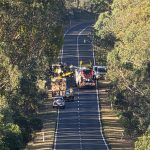


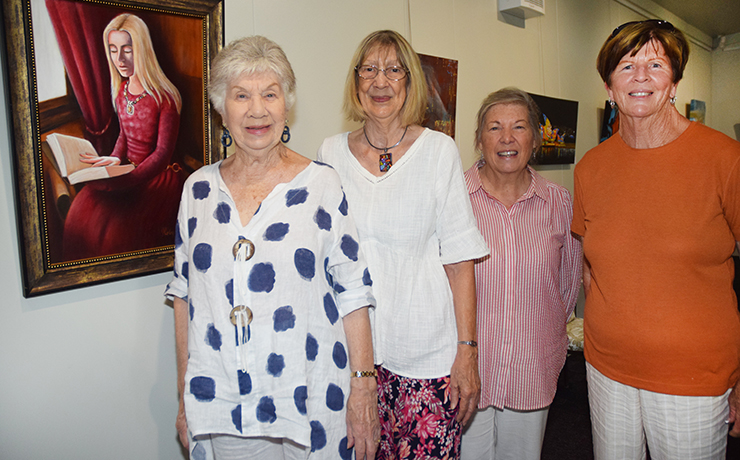
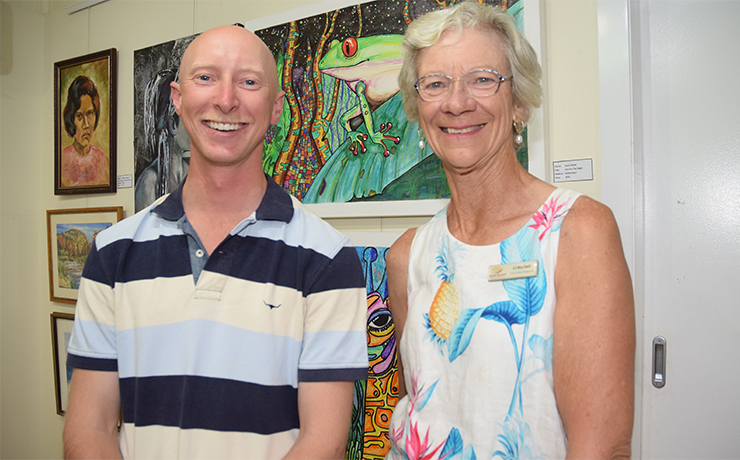
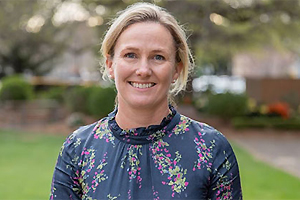
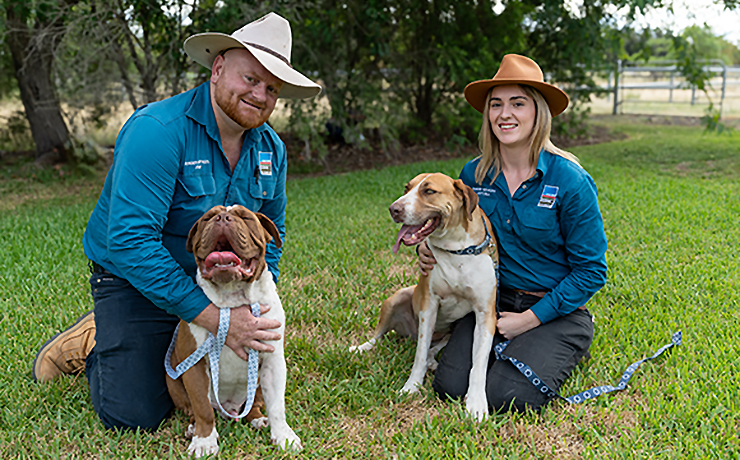
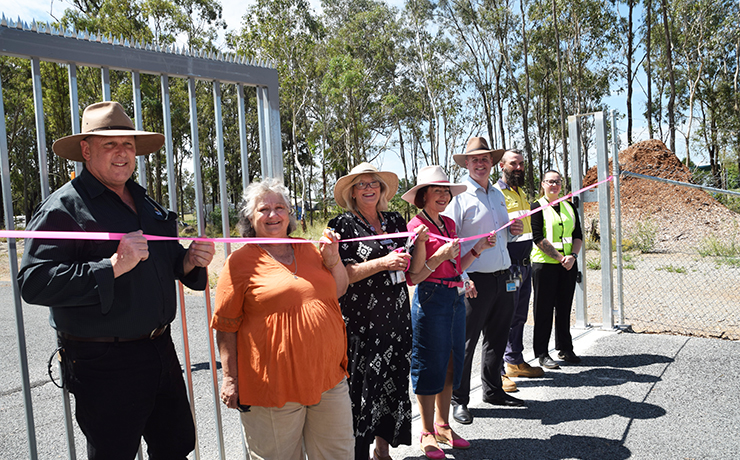
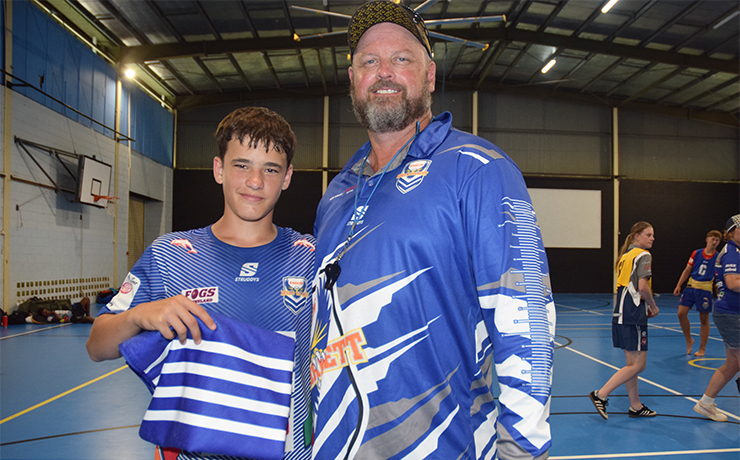
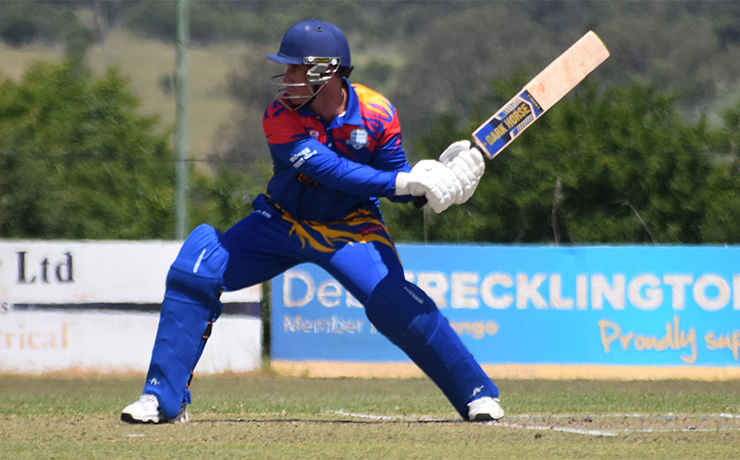
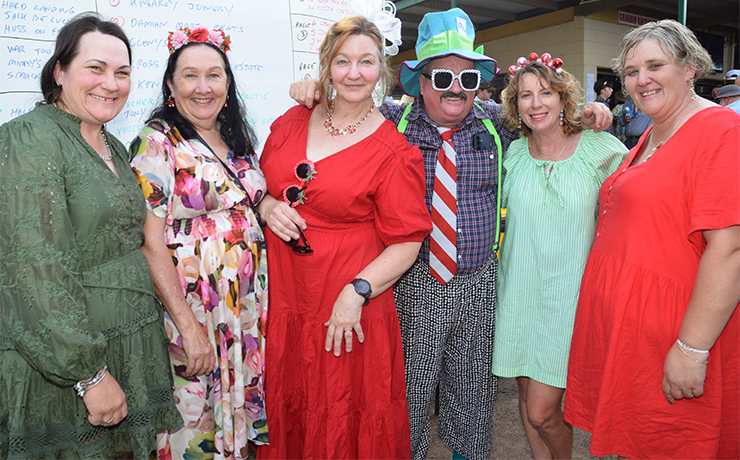

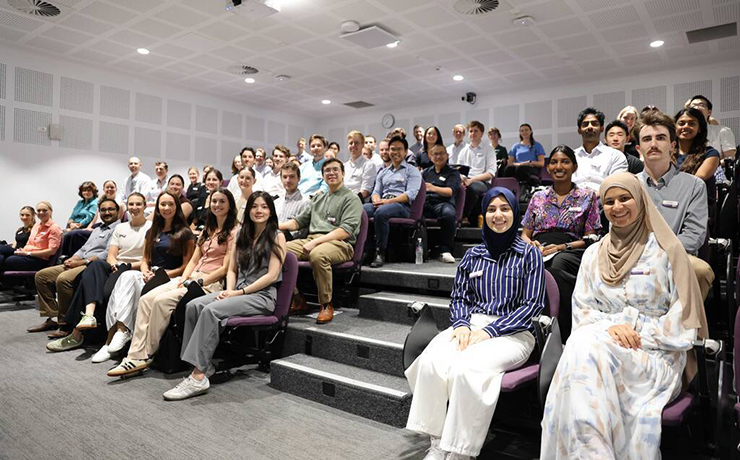

How does this Government blurb sound?
.“.. tackle underlying disincentives to investment in infrastructure, particularly from the private sector, including input on regulations and project planning. Improvement in this area will require higher levels and better quality of spending, strengthened project selection and preparation, partnerships between the public and private sector and streamlining land acquisition processes. Sustainable revenue increases through the tax system will also be essential for meeting infrastructure plans. Our strengths lie in supporting the roads, water and sanitation investments …”
Very caring and generous with our tax $$. The problem is, it’s for Indonesia, not for those that supply those increased tax dollars.
The Australian Government will provide an estimated $365.7 million in total overseas development aid to Indonesia in 2016-17, including an estimated $296 million in bilateral funding managed by DFAT.
(Cut and paste from DFAT website)
Yes … Australia currently spends $5.03 billion dollars on foreign aid, which is 0.32% of our gross national income, or 32 cents in every $100.
Between 2006 and 2013 we used to provide $7 billion, but the Federal Government cut this back by $2 billion in the last few Budgets, and we now rank about 16th to 18th amongst the world’s donor countries.
By comparison, six OECD countries – Denmark, Luxembourg, the Netherlands, Norway, Sweden and the UK – have met the United Nations target to provide at least 0.7% of their national income as foreign aid; and even the European Union managed 0.47% despite the problems they’ve had with economic meltdown and being swamped with refugees.
This makes us look like miserable, mean-spirited, short-sighted sods on the international stage. Some of us probably are.